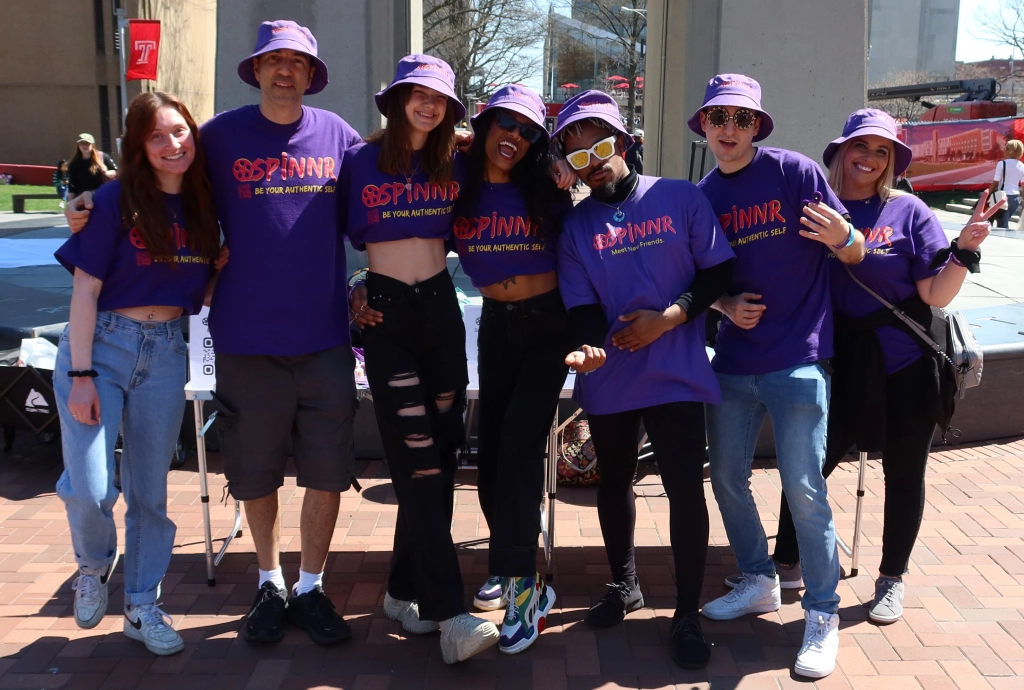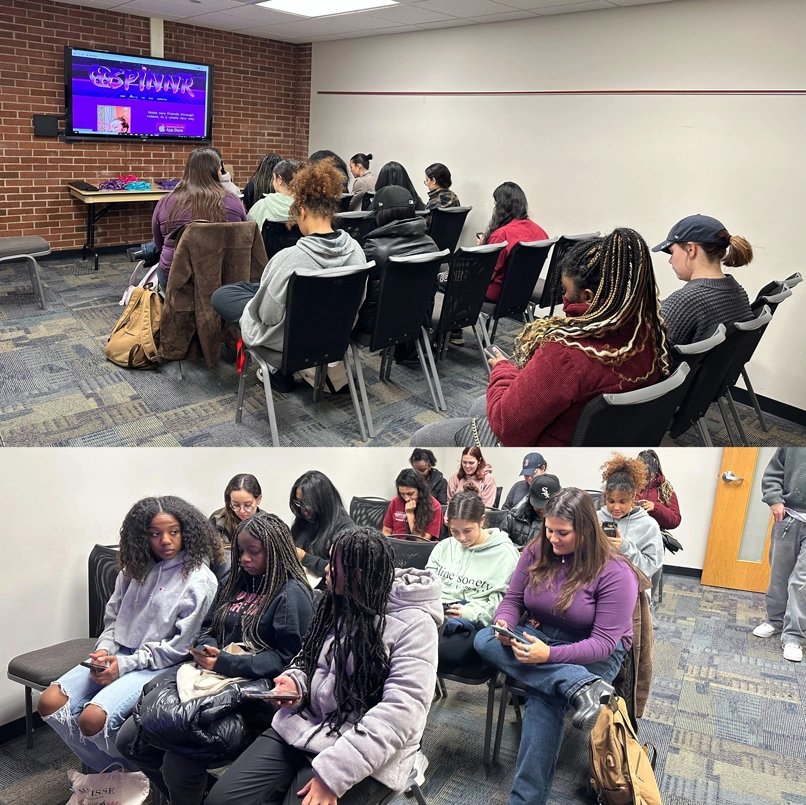74 Companies Across Four Ecosystems were Named 2025 RealLIST Startups. What does the data say about them?
Early-stage startups are coming in strong in 2025, with AI, social and the environment in focus.
We’ve gathered data on 74 early stage startups in the mid-Atlantic region, via our annual RealLIST Startups in Philadelphia, DC, Baltimore and Pittsburgh. Data includes employee counts, funds raised, workplace setup and university affiliation.
The startups fell into eight categories: Software, healthtech, greentech, biotech, cybersecurity, robotics, fintech and services. No matter what category the startups represent, many of them have incorporated AI, such as DC-based PerVista AI’s gun-detecting technology, Philly-based Sahay AI’s railroad inspection robotics or Pittsburgh-based Moss’s agriculture analyzer. More of this year’s startups use AI in one capacity or another than don’t.
Another trend that is obscured by the limited number of categories are three social app startups — Spinnr, InPress and RYLA — that offer alternatives to big social media platforms like X and Facebook. RealLIST Startups continue to lean into the greentech and healthtech sectors, but the overall variety is diverse, including startups that offer everything from vinyl record manufacturing to laundry service.
Right now, though, we’re looking at the bigger picture. Read on for some of this year’s top regional startup trends, by the numbers.

Hybrid work reigns supreme
It’s been a couple of solid years now of industries declaring that remote and hybrid work are out and 100% in-person is in. While there are of course industries where employees have to be in person, whether it’s a wet lab or a consumer-facing brick-and-mortar business, tech jobs generally allow for a lot of flexibility.
That flexibility is reflected in the 74 early-stage companies named on the 2025 RealLIST. Less than 10% — just seven — work entirely in person. Those seven startups are spread across industry categories, with four in the largest category, software, and one each in healthtech, greentech and service.
Software, by far, has the most remote-only jobs in the sample, with 17 startups that are remote-only. The two cybersecurity startups are both remote-only as are a few in healthcare, greentech, fintech and service.
47% of the startups are hybrid — the most of any workforce type. Hybrid dominated in healthtech, greentech, biotech, robotics and fintech.
Starting Not-So-Small
The startups in our dataset have all been founded within the past three years. It’s expected that most don’t yet have a large number of employees, and that is reflected in the data, where 29 of the 74 startups have 0-2 employees and 51, or about 70% of the startups, have 5 employees or fewer. But there are some surprises.
Gemma Biotherapeutics, at less than a year old, is an outlier, with 80 employees, five times more than the startups with the next highest number of employees, Clean Plate Innovations and RoboLoop, both Pittsburgh startups founded in 2024 with 15 employees each. Counter to what we might expect, some of the youngest startups have the most employees, though it’s worth noting that Gemma, Clean Plate and RoboLoop are all university-affiliated.
Overall, about one-third of the 2025 RealLIST Startups have between 5 and 15 employees.

Accelerators Have Impact, but Some Startups Succeed Without Them
More than twice as many of the startups have participated in accelerators or incubators, with 19 startups responding that they have not.
29 of the accelerator-attending startups have raised between $100,000 and $999,999, compared to five of the no-accelerator startups.
Where it gets interesting is when you look at startups that have raised $1 million or more. Eight startups in total have surpassed the million-dollar mark — and six of them did not participate in accelerators, incubators or pitch competitions. One startup, Philadelphia’s Gemma Biotherapeutics, affiliated with the University of Pennsylvania, is an outlier in several areas, including raises. The biotech company, founded in 2024, has raised $34 million. That’s nearly three times more than the next highest raise on $12 million by DC’s HyperSpectral Corp.
At the same time many of the startups are pre-seed and have yet to raise any funding. 12 of the accelerator-attending startups reported $0 in funding, as did six of the no-accelerator startups.
University Affiliations Are More Common on the Coast
With so much innovation, not to mention entrepreneurship programming, coming out of the region’s universities, it’s not a surprise that almost one-third of the startups are affiliated with a university.
Philadelphia has the most university-affiliated startups in our dataset, with ten, but Baltimore is right up there with nine; Pittsburgh has the fewest, with four, and DC is right in the middle with five.
As noted with the data about the number of employees, university-affiliated startups may get bigger earlier and have opportunities to raise funds through networking and other university resources.
Originally published by: Technical.ly Philly
